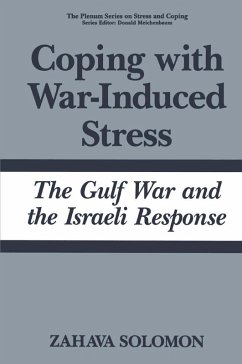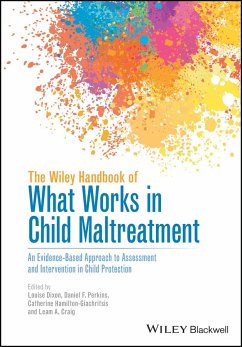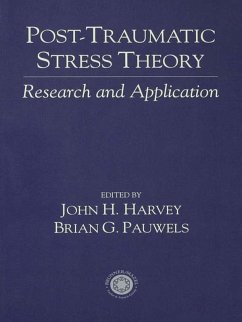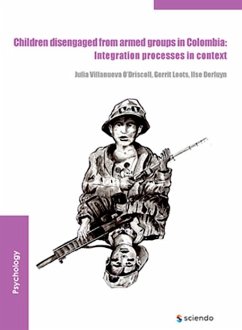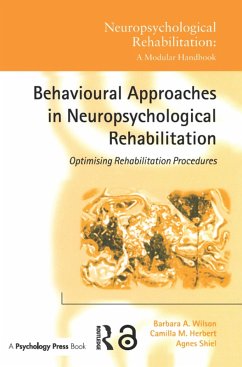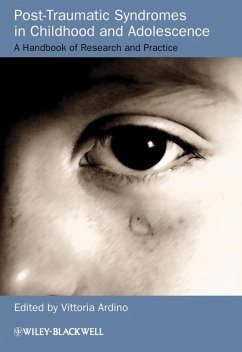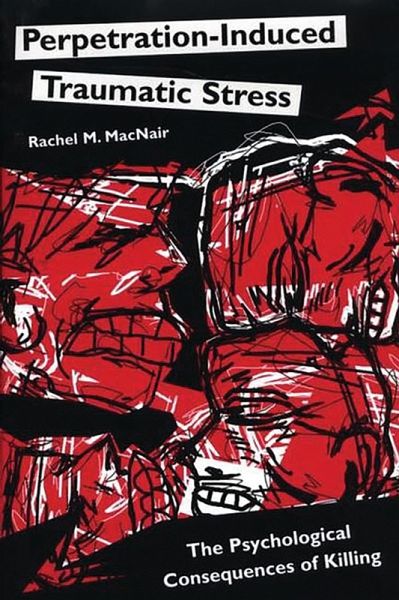
Perpetration-Induced Traumatic Stress (eBook, PDF)
The Psychological Consequences of Killing
Versandkostenfrei!
Sofort per Download lieferbar
46,95 €
inkl. MwSt.
Weitere Ausgaben:

PAYBACK Punkte
23 °P sammeln!
This volume introduces the concept of Perpetration-Induced Traumatic Stress (PITS), a form of PTSD symptoms caused not by traditionally expected roles, such as being a victim or rescuer in trauma, but by being an active participant in causing trauma. Sufferers of PITS may be in the roles of soldiers, executioners, or police officers, where it is socially acceptable or even expected for them to cause trauma, including death. Scattered evidence of PITS is consolidated, its implications are explored, and exciting potentials for future research are suggested. Compared to the more widely understood...
This volume introduces the concept of Perpetration-Induced Traumatic Stress (PITS), a form of PTSD symptoms caused not by traditionally expected roles, such as being a victim or rescuer in trauma, but by being an active participant in causing trauma. Sufferers of PITS may be in the roles of soldiers, executioners, or police officers, where it is socially acceptable or even expected for them to cause trauma, including death. Scattered evidence of PITS is consolidated, its implications are explored, and exciting potentials for future research are suggested. Compared to the more widely understood PTSD, there appears to be greater severity and different symptom patterns for those affected by PITS. Obvious differences to be explored for those who kill include questions of context, guilt, meaning, content of dreams, and sociological questions, leading to special implications for therapy, research into the causality of PTSD, and violence prevention efforts. Disciplines including sociology, public policy, history, philosophy, and theology will also find applications for this groundbreaking material.




